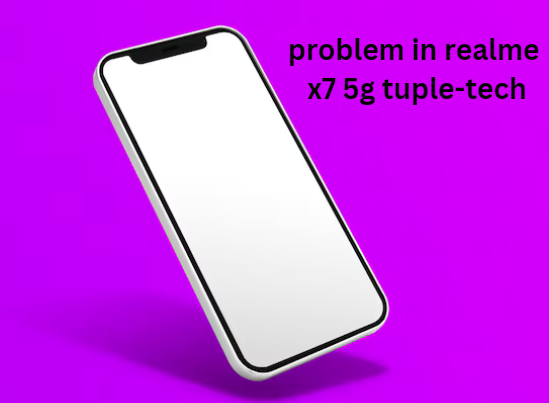Have you ever poured yourself a glass of tap water and wondered about its quality? With growing concerns over water contamination and its effects on our health, home water treatment has become more significant than ever.
This blog post aims to uncover why home water treatment matters, particularly for homeowners, and outlines the benefits and essentials you need to know.
Understanding Home Water Quality
Factors That Affect Home Water Quality
Water quality can vary significantly depending on several factors. The most common influences include the source of the water, the age of the plumbing system, and local environmental conditions. Contaminants can enter the water supply through various channels such as industrial discharge, agricultural runoff, or even corroded pipes within your own home.
Common Contaminants Found in Residential Water
Residential water often contains a variety of contaminants that can pose health risks. Some of the usual suspects include:
Lead: Often leaches from old plumbing pipes.
Chlorine: Used in water treatment plants but can lead to unpleasant taste and odor.
Pesticides and Herbicides: Runoff from agricultural areas can introduce these chemicals into the water supply.
Bacteria and Viruses: Can enter the water through broken pipes or other contamination points.
Understanding these factors and contaminants is the first essential step in realizing why home water treatment is crucial.
Benefits of Home Water Treatment
Improved Health and Well-being for the Family
One of the most compelling reasons to invest in home water treatment is the direct benefit to your health. Removing harmful contaminants like lead and bacteria from drinking water can significantly reduce the risk of illnesses. Clean water is especially crucial for vulnerable family members such as young children, the elderly, and those with compromised immune systems.
Enhanced Taste and Odor of Water
Filtered water often tastes and smells better than unfiltered tap water. Removing chlorine and other impurities can make a significant difference in the overall enjoyment of drinking water. This improvement extends beyond just drinking water; it also enhances the taste of food and beverages made with treated water.
Protection of Household Appliances and Plumbing
Contaminants in water don’t just affect your health; they can also wreak havoc on your household appliances and plumbing. Minerals like calcium and magnesium can cause scale buildup in pipes, reducing efficiency and shortening the lifespan of water heaters, dishwashers, and washing machines. A good water treatment system can help protect your investment in these expensive appliances.
Types of Home Water Treatment Systems
Point-of-Use vs. Whole-House Systems
When considering home water treatment, you’ll need to choose between point-of-use and whole-house systems. Point-of-use systems, including water softeners like those in Provo, treat water at a specific location, such as a kitchen faucet. In contrast, whole-house systems treat water as it enters your home, ensuring that all water sources are treated.
Overview of Popular Water Treatment Technologies
The technology behind water treatment systems varies, each with its unique advantages:
Filtration: Uses physical or chemical barriers to remove contaminants.
Reverse Osmosis: Forces water through a semipermeable membrane to eliminate impurities.
UV Purification: Uses ultraviolet light to kill bacteria and viruses.
Understanding these technologies can help you choose the most effective system for your home.
Essentials for Choosing the Right System
Understanding Water Quality Test Results
Before selecting a water treatment system, it’s essential to understand your water quality test results. These tests can reveal which contaminants are present and at what levels, helping you make an informed decision.
Considering Household Water Usage and Size
The size of your household and your water usage patterns will also impact your choice of system. Larger households with higher water usage may require more robust systems to ensure consistent water quality.
Budget and Maintenance Requirements
Cost is always a factor when making home improvements. It’s important to consider not just the initial investment but also the ongoing maintenance requirements of your chosen system. Some systems may have higher upfront costs but lower long-term maintenance expenses.
Installation and Maintenance Tips
Importance of Professional Installation
To get the most out of your water treatment system, professional installation is crucial. Proper installation ensures that the system operates efficiently and effectively, providing you with the cleanest water possible.
Regular Maintenance to Ensure Optimal Performance
Once installed, regular maintenance is essential to keep your system running smoothly. This may include replacing filters, cleaning components, and periodic inspections to catch any issues early on.
Conclusion
In summary, home water treatment is not just a luxury but a necessity for homeowners concerned about their health and well-being. By understanding the factors affecting water quality and the benefits of various treatment systems, you can make an informed choice that suits your needs.



